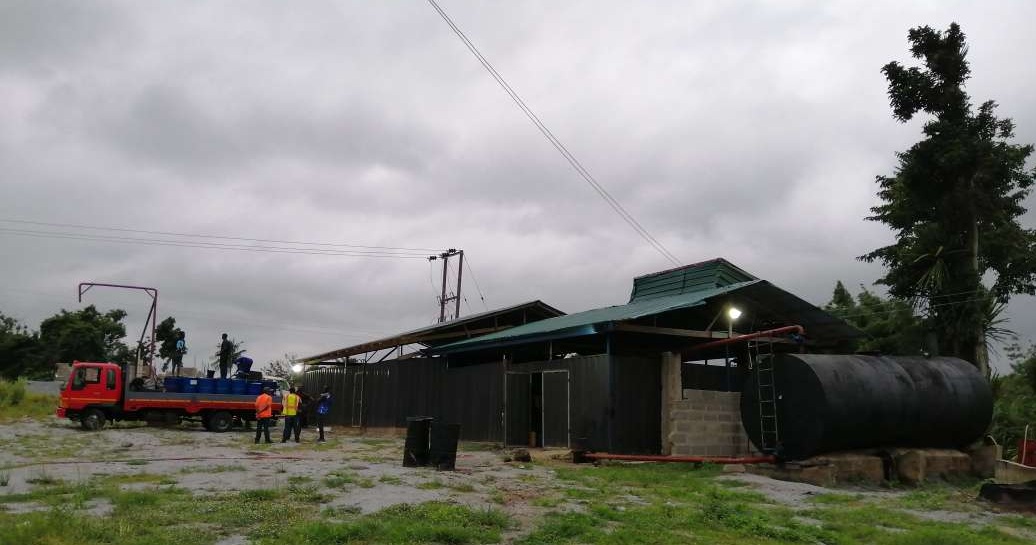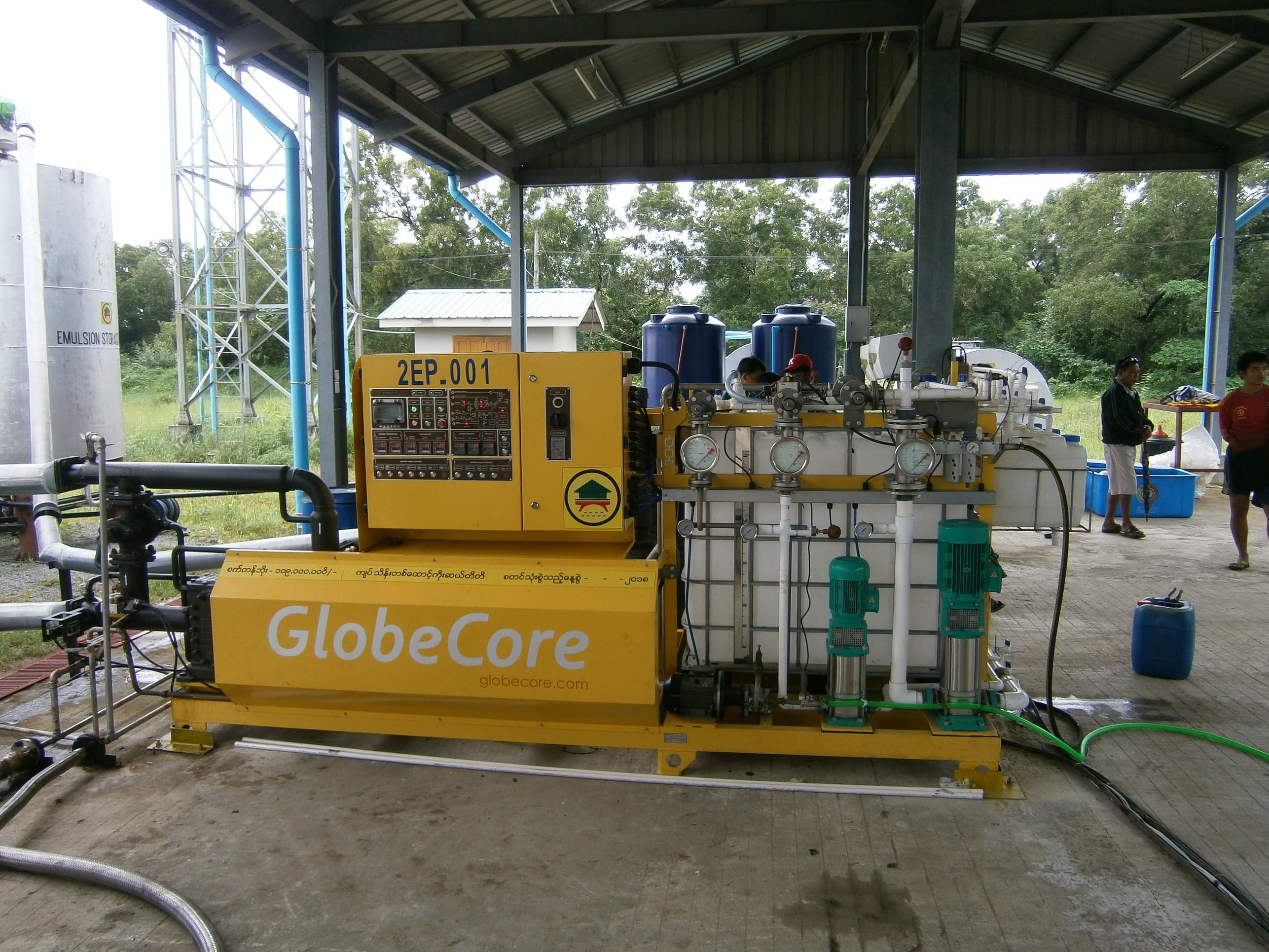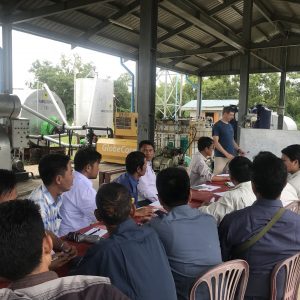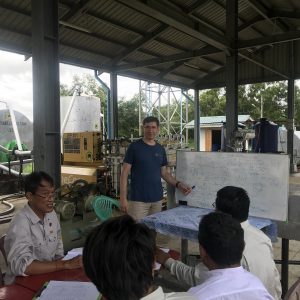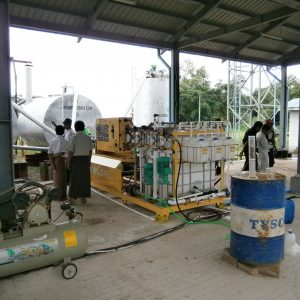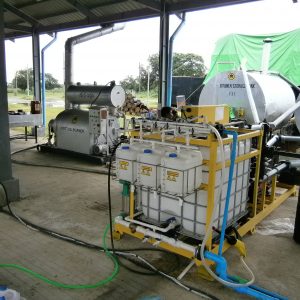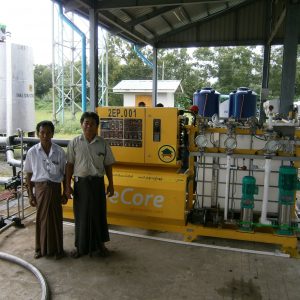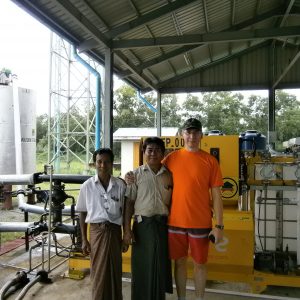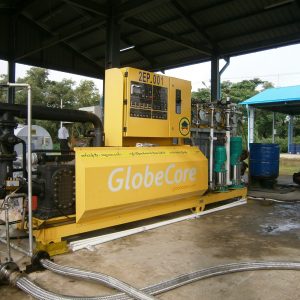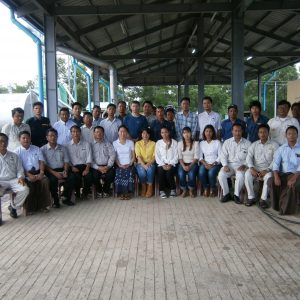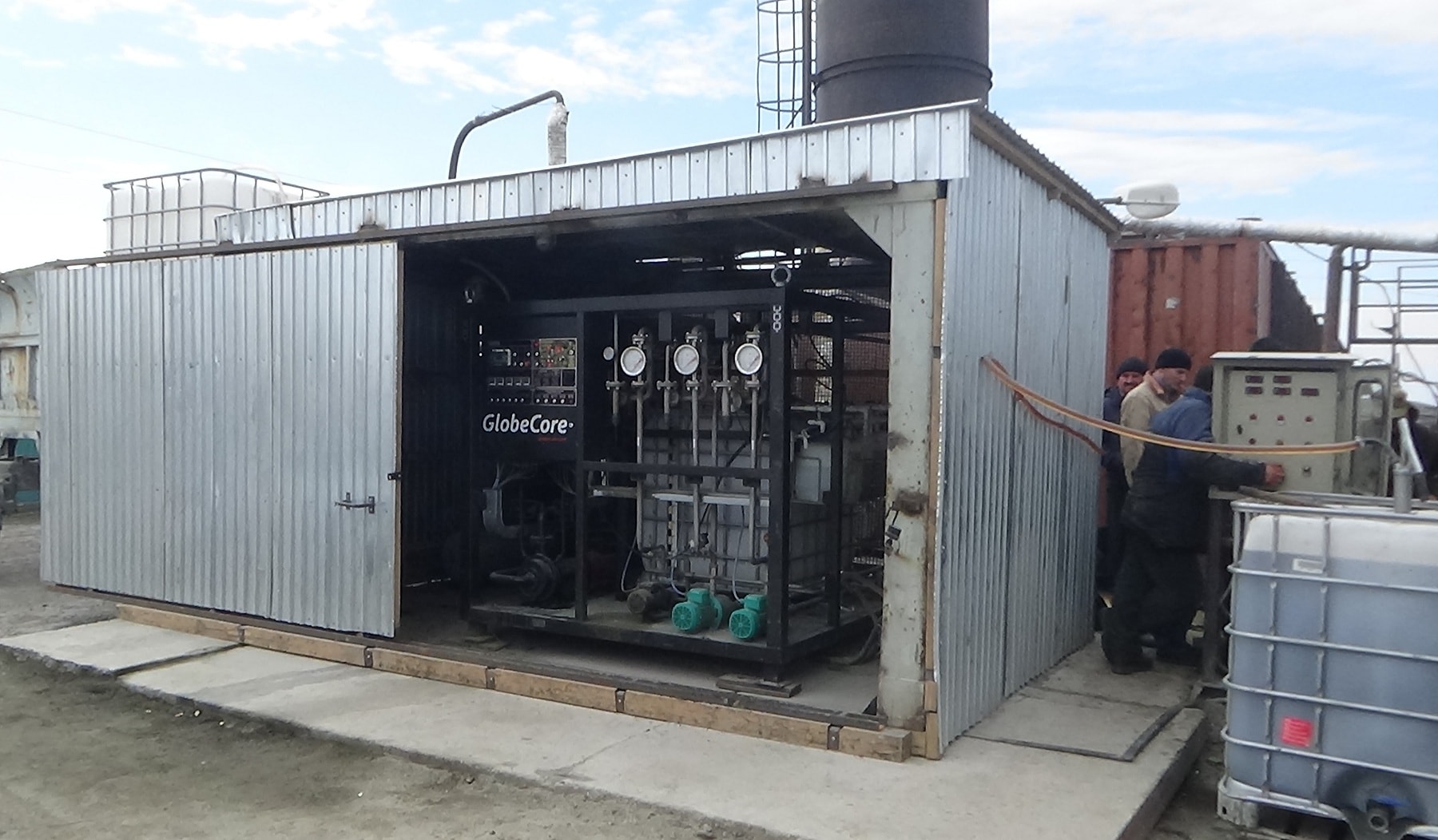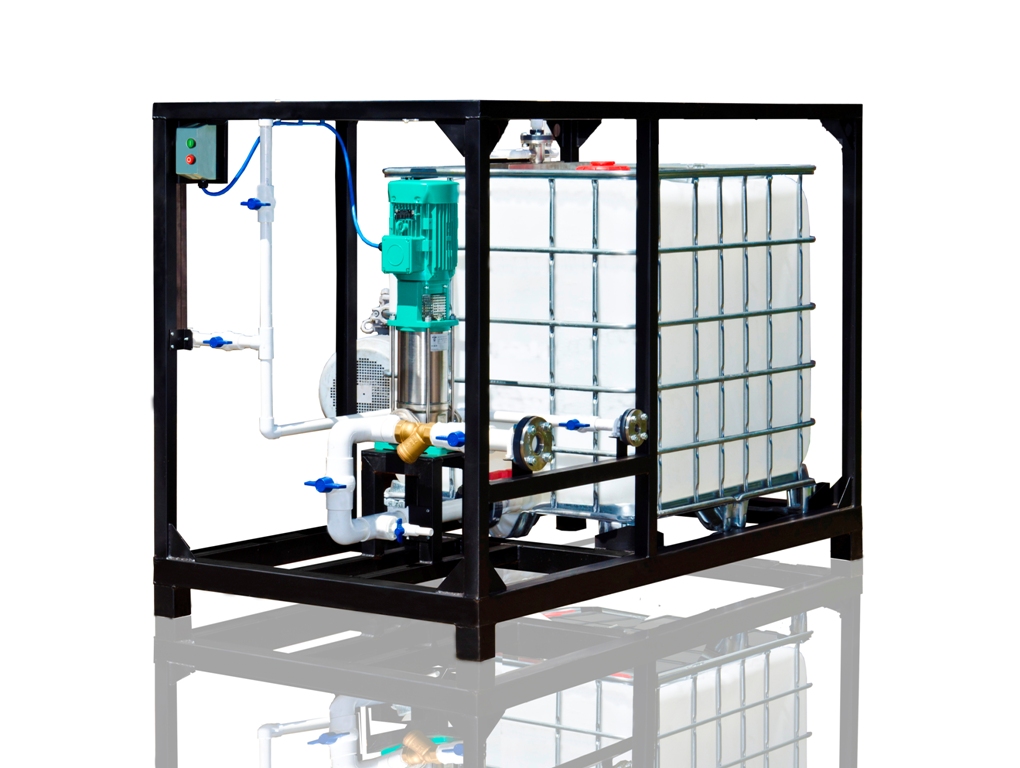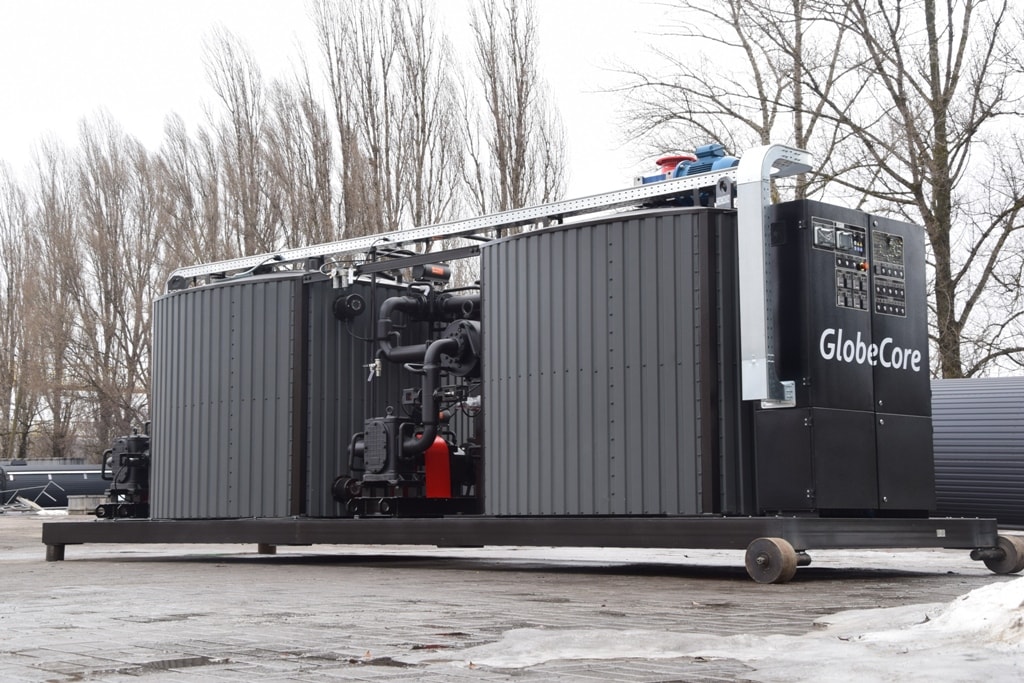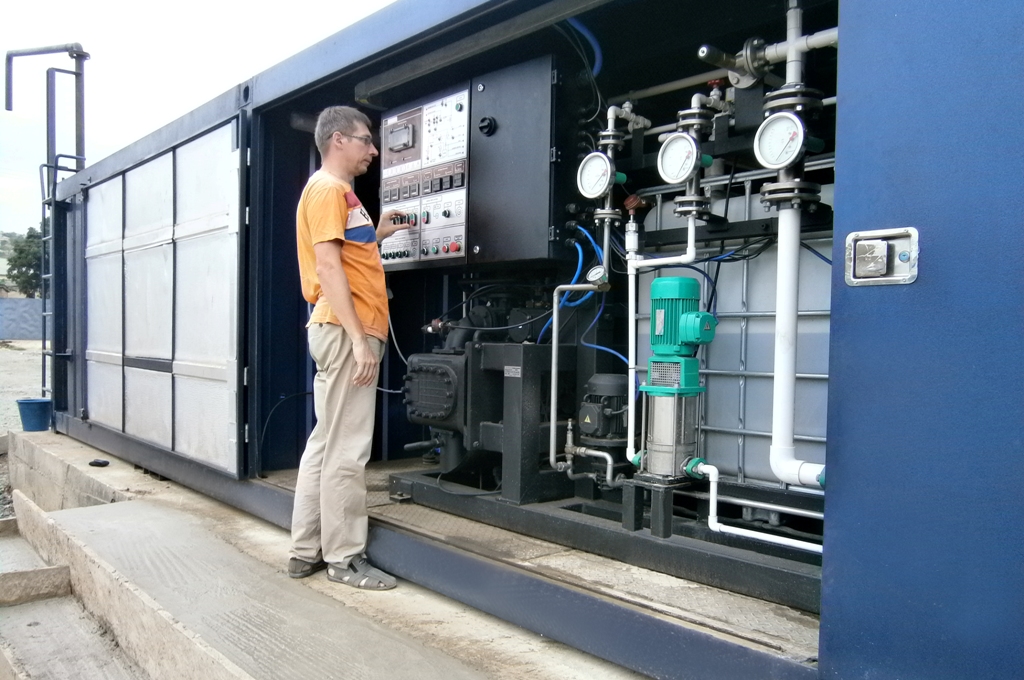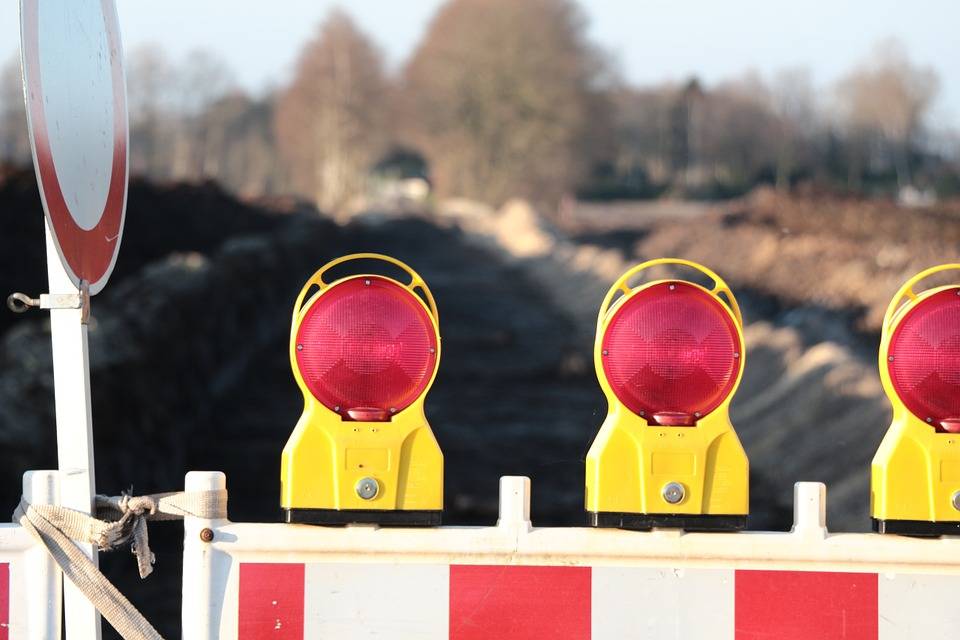
Dear associates! You are invited to participate in another free GlobeCore webinar themed as “Production of Modified Bitumen: the Modern Approach” which will take place on July 21–22, 2021.
At this webinar, we will discuss the following matters:
- advantages and special features of using modified bitumen;
- technical specifications and quality of road bitumen;
- technology and equipment for modified bitumen production.
Webinar dates
Date: July 21, Wednesday
- Russian — 11:00 AM GMT +3 (for Moscow);
- Turkish — 02:00 PM GMT +3 (Istanbul Saati);
- English (North America) — 11:00 AM in Eastern time (US and Canada) GMT – 4 (New York local time).
Date: July 22, Thursday
- English — 02:00 PM GMT +8 (Hong Kong local time);
- Spanish — 08:00 AM GMT- 6 (Hora de Costa Rica);
- Portuguese — 02:00 PM GMT +1 (Hora de Luanda);
- French — 01:00 PM GMT +2 (Heure de Paris).
Platform: Zoom (one-click registration)
Duration: 60 minutes
Registration Link: globecore.com/register

